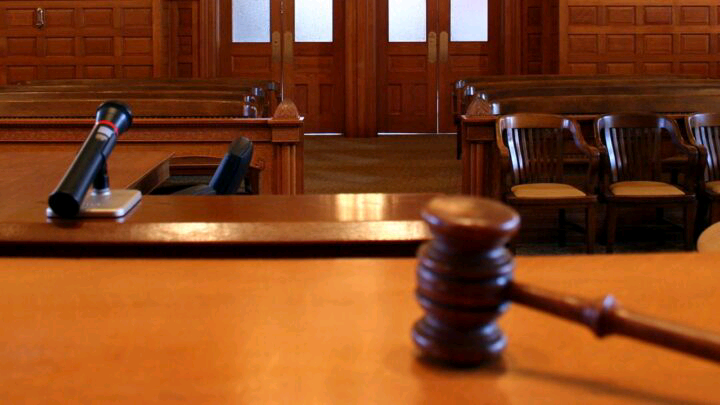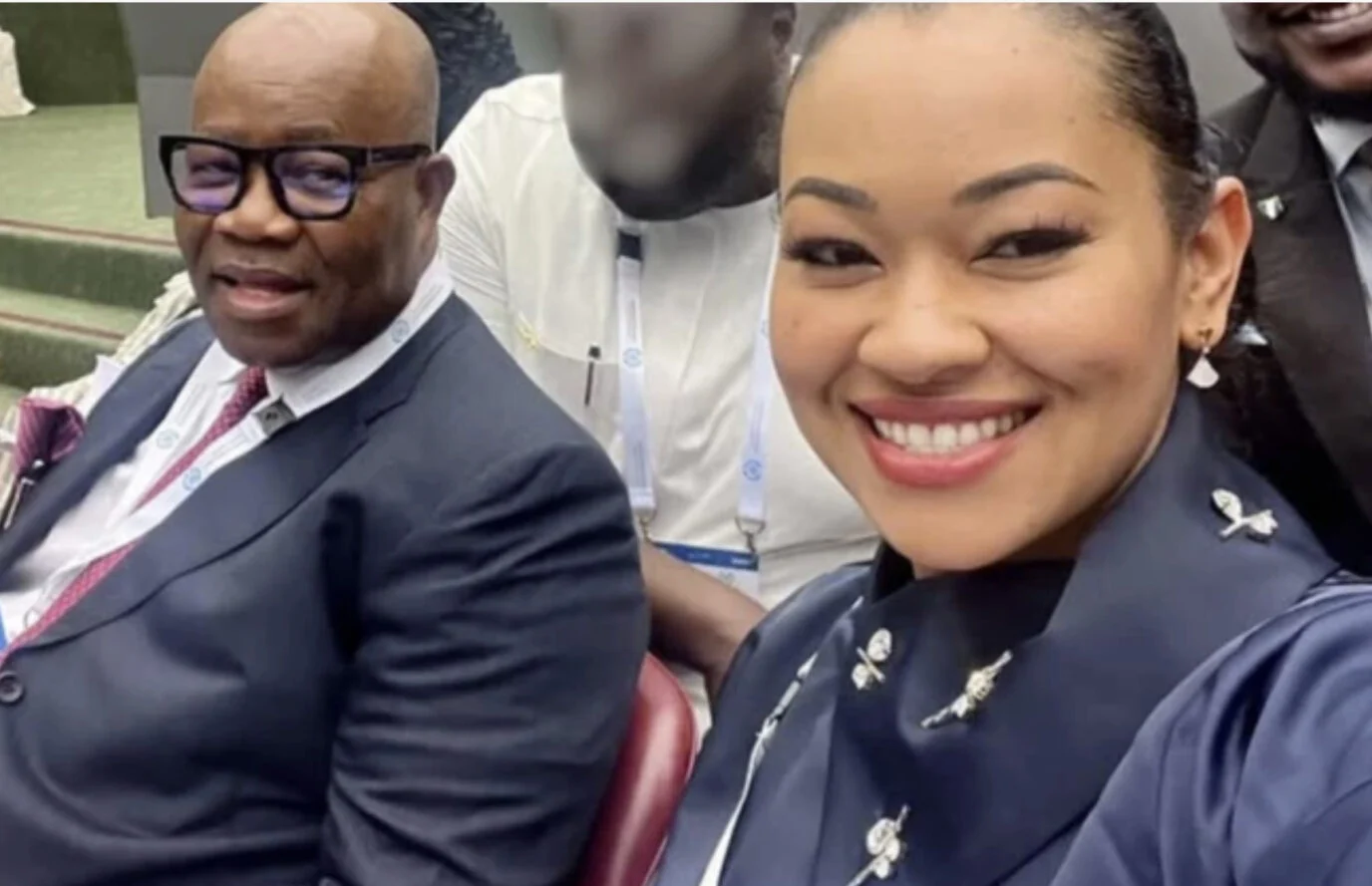Senator Natasha Akpoti-Uduaghan, who represents Kogi Central, has dismissed Senate President Godswill Akpabio’s appeal challenging the Federal High Court decision that reinstated her to the Senate.
Akpabio, through his lawyers, approached the Court of Appeal in Abuja to contest the July 4 verdict by Justice Binta Nyako, which overturned Akpoti-Uduaghan’s six-month suspension and labelled it as “excessive” and lacking legal justification.
The appeal, dated July 14 and registered as CA/A//2025, stemmed from suit FHC/ABJ/CS/384/2025, which Akpoti-Uduaghan filed to contest her suspension.
In his appeal, Akpabio urged the appellate court to nullify the ruling, arguing across 11 grounds that the trial court lacked the authority to interfere in what he described as internal National Assembly matters, which he claimed are not subject to judicial review based on Section 251 of the 1999 Constitution.
He also criticised the court for dismissing his preliminary objection and issuing directives that impacted parliamentary procedures. He insisted that decisions made during plenary, such as suspensions and resolutions, are protected by the Legislative Houses (Powers and Privileges) Act and should not be legally challenged.
According to Akpabio, Akpoti-Uduaghan filed her lawsuit prematurely without first exploring the Senate’s internal grievance process through the Committee on Ethics, Privileges, and Public Petitions, as required by the 2023 (amended) Senate Standing Orders.
He further claimed the trial court denied him a fair hearing by raising new issues — such as whether the suspension was excessive — without input from both parties and then ordering her reinstatement based on that.
Attempts to get an official reaction from Akpoti-Uduaghan were unsuccessful, as she did not respond to phone calls or messages.
When approached at the “Double Minority” documentary screening organised by Daria Media and the MacArthur Foundation, the senator declined to comment on whether she would return to her legislative duties.
When asked about Akpabio’s appeal, she reacted sharply and said, “Did you also ask him to tell you why he appealed it?” before leaving the venue.
It is worth recalling that on February 20, 2025, a dispute erupted between Natasha and Akpabio concerning seating arrangements in the Senate.
Following the incident, she accused him of sexual harassment, including offering favors in exchange for her cooperation on legislative matters.
The Senate’s Ethics Committee rejected her complaint on procedural grounds and suspended her for six months for “unruly behaviour,” denying her access to her office, salary, and security.
On July 4, 2025, Justice Nyako at the Federal High Court in Abuja overturned her six-month suspension, deeming it excessive, and directed the Senate to bring her back.
The court also imposed a N5 million fine on Akpoti-Uduaghan for contempt related to a social media post but emphasized that her constituents had been deprived of representation during her suspension.

 BIG STORY4 days ago
BIG STORY4 days ago
 BIG STORY5 days ago
BIG STORY5 days ago
 BIG STORY4 days ago
BIG STORY4 days ago
 BIG STORY20 hours ago
BIG STORY20 hours ago
 BIG STORY4 days ago
BIG STORY4 days ago
 BIG STORY4 days ago
BIG STORY4 days ago
 BIG STORY5 days ago
BIG STORY5 days ago
 BIG STORY3 days ago
BIG STORY3 days ago
























